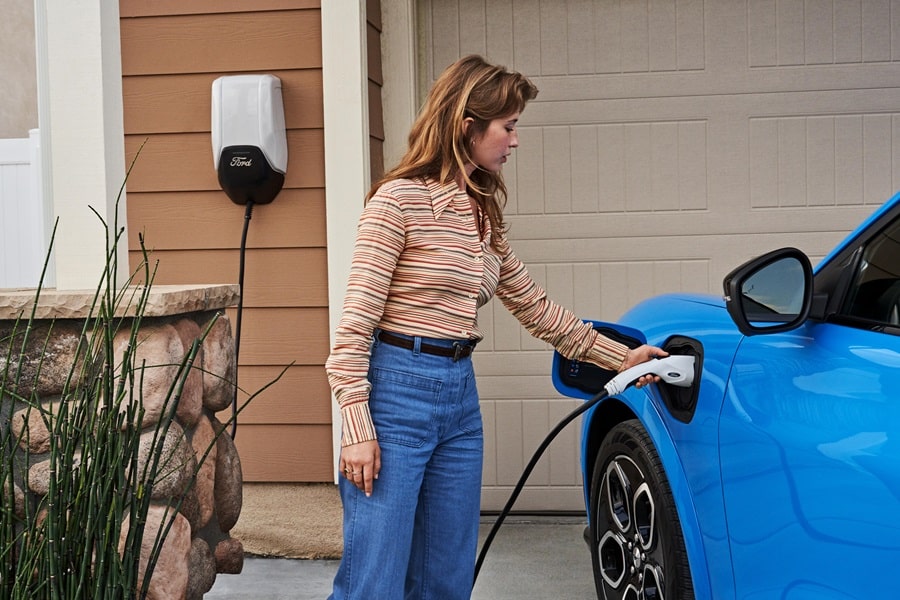When it comes to purchasing a new vehicle, there are many options to choose from. One of the most common decisions people have to make is whether to buy an SUV or a sedan. Both of these vehicles have their pros and cons, so it can be difficult to decide which one is right for you. This article will discuss the advantages and disadvantages of SUVs and sedans so that you can make an informed decision about what type of vehicle is best for your needs.
Contents
Pros Of An SUV
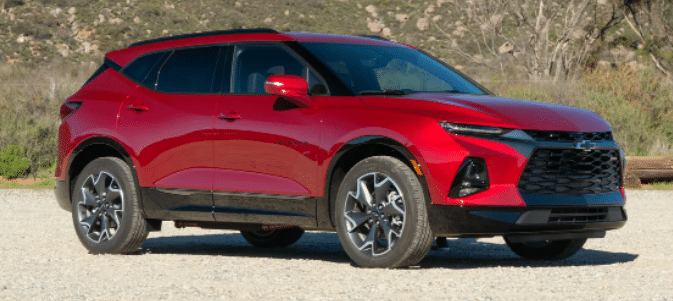
Cabin Space
Many people choose to buy an SUV for the extra cabin space that it provides. This can be particularly beneficial for families who need the extra room to transport children and their belongings. It can also be helpful for those who frequently travel with large groups of people or who need to transport large items such as sports equipment. In addition, the extra space in an SUV can provide a comfortable and enjoyable ride for all passengers. As a result, cabin space is one of the key benefits of owning an SUV.
Ruggedness
SUVs have come a long way since their inception in the 1930s. They were originally designed as off-road vehicles that could tackle any terrain. Today, SUVs are still known for their ruggedness and durability. They can handle all types of weather conditions and are built to last.
Whether you’re driving on a dirt road or through a snow-covered field, an SUV will get you where you need to go. And if you ever find yourself in a situation where you need to tow a boat or trailer, an SUV is up to the task. Thanks to their rugged design, owning an SUV means never having to worry about the elements standing between you and your destination.
Handling
Another benefit of owning an SUV is the handling. With a higher ground clearance than most sedans, SUVs are able to navigate uneven terrain and maintain stability on winding roads. In addition, the extra weight of an SUV gives it better traction in icy or wet conditions. Whether you’re driving in the city or exploring off-road, an SUV can provide a smooth ride. If you’re looking for a car that can handle all of life’s adventures, an SUV may be the perfect choice for you.
Cons Of An SUV
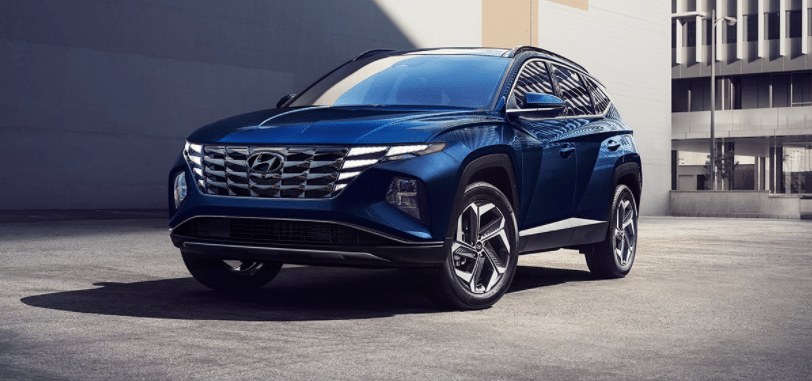
Price
While SUVs have a lot of great features, like plenty of space and comfortable seating, they also come with a high price tag. Not only do SUVs cost more to purchase than smaller cars, but they also cost more to operate and maintain. For example, SUVs parts tend to cost more for SUVs, so you are more likely to see higher costs when taking it in to get repairs. They also require more expensive tires and tend to have higher insurance rates. So if you’re looking for a budget-friendly vehicle, an SUV is probably not the best option.
Bulkiness
One of the main disadvantages of owning an SUV is the size and bulkiness of the vehicle. This can make it difficult to park, and it can also make it more difficult to maneuver in tight spaces. In addition, the additional weight of an SUV can put a strain on brakes and tires, and it can also lead to increased fuel consumption which in turn will lead to more money out of your pocket each month gassing up.
Emissions
SUVs produce more greenhouse gases than smaller cars, and this can have a major impact on the environment. Emissions from SUVs can also lead to air pollution and smog. In cities, this can cause respiratory problems for residents, and in rural areas, it can lead to acid rain and other environmental damage. Before purchasing an SUV, it’s a good idea to keep these negatives in mind and make sure they are something you are comfortable with.
Pros Of A Sedan
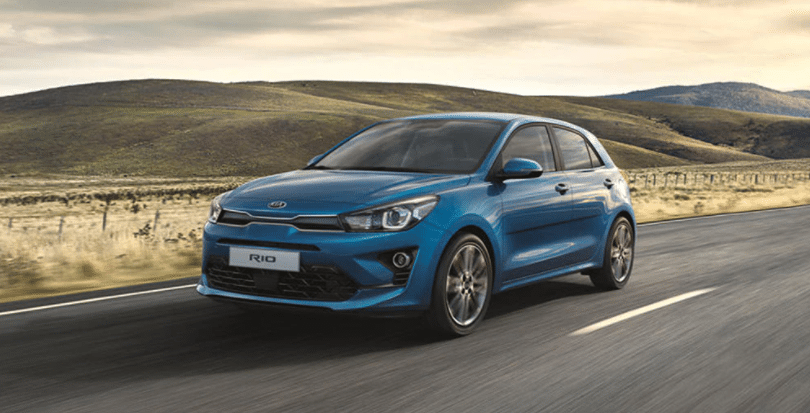
Price
In recent years, the price of sedans has come down significantly. This is due to a number of factors, including an increase in competition from SUVs and a decrease in demand from China. As a result, sedans are now more affordable than ever before.
For budget-conscious buyers, this is one of the main benefits of owning a sedan. In addition to being more affordable, sedans are also more fuel-efficient than SUVs. This is another key selling point for budget-conscious buyers who are looking to save money on gas. And last but not least, sedans tend to have lower insurance rates than SUVs. This is because they are less likely to be involved in an accident and pose less of a risk to insure.
Great Family Cars
Another benefit of owning a sedan is they are great family cars. They have enough space to seat five passengers and typically have a large trunk. This makes them ideal for road trips or running errands. In addition, most sedans come with a variety of safety features that can give parents peace of mind when driving their family around. These features can include things like airbags, child safety locks, and antilock brakes.
Maneuverability
Most people choose sedans for their reliability and affordability. But an additional benefit of owning a sedan that is often overlooked is maneuverability. When compared to larger vehicles, sedans are much easier to maneuver in tight spaces and can even fit into parking spots that would be inaccessible to SUVs and trucks. This can be extremely useful in crowded urban areas, where street parking is often at a premium.
Cons Of Owning A Sedan
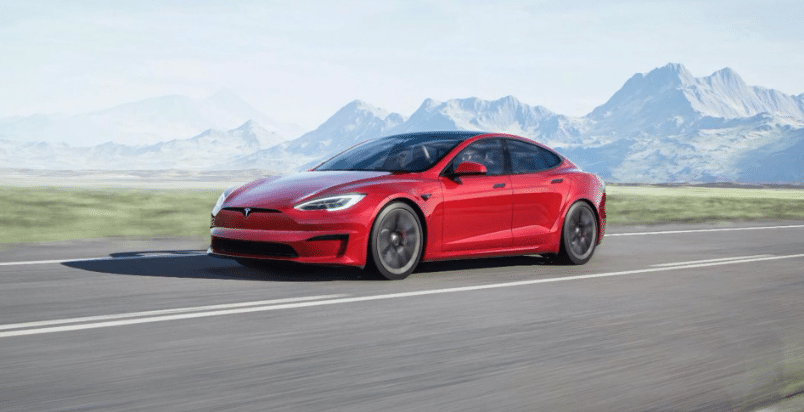
Hauling Ability
Though they may be more stylish and efficient, sedans have some distinct disadvantages when compared to other types of vehicles. One such disadvantage is hauling ability. Unless you own a particularly large sedan, it is likely that you will have difficulty fitting larger items in the trunk. This can be frustrating when attempting to transport furniture or appliances. Additionally, sedans are not well suited for towing trailers or boats. If you enjoy camping or water sports, this may be a significant downside.
Less Ground Clearance
One of the potential negatives of owning a sedan is that they generally have less ground clearance than other types of vehicles. This can be an issue if you regularly find yourself driving on unpaved roads or in deep snow. In addition, it can make it more difficult to get in and out of your car, as you may have to crouch down lower to enter the vehicle. This may pose an issue if you are taller than average or if you have mobility issues.
Less Power
Finally, another potential downside of owning a sedan is that they tend to have less power than other types of vehicles. If you are looking for a vehicle that can accelerate quickly, a sedan is likely not the best option. In addition, if you live in an area with hilly roads, a sedan may struggle to make it up steep inclines. This can be frustrating and may even pose a safety hazard if you are unable to maintain a proper speed.
Conclusion
As you can see, there are positives and negatives to both SUVs and sedans. It really depends on your individual needs and preferences as to which type of vehicle is right for you. If you are looking for a more affordable and fuel-efficient option, a sedan may be the way to go. However, if you need more space or power, an SUV may be a better choice. Ultimately, the decision is up to you. Just make sure you do plenty of research on any specific make and model you are considering to ensure it will meet your needs.


